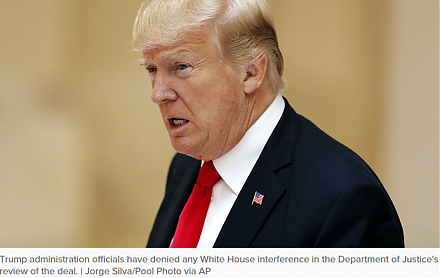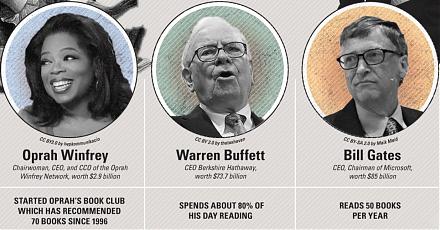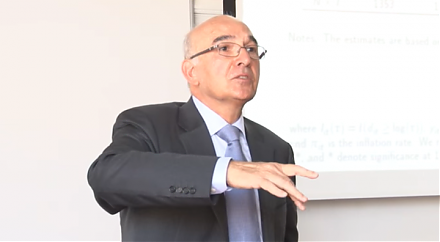

2018-06-11 07:44:00 Mon ET
stock market gold oil stock return s&p 500 asset market stabilization asset price fluctuations stocks bonds currencies commodities funds term spreads credit spreads fair value spreads asset investments
Facebook, Apple, Amazon, Netflix, and Google (FAANG) have been the motor of the S&P 500 stock market index. Several economic media commentators contend that most U.S. stock market returns emerge from a small fraction of stocks. This concentration tilts toward network platform orchestrators that specialize in mobile communication, ecommerce, music, video, online search, and advertisement etc. These platform orchestrators attract many early technology adopters and venture capitalists. The former pour money into the mass purchases of mobile devices and online software services, and the latter inject capital into the tech titans at an early stage.
Apple and Amazon are both the first U.S. heavyweight tech giants that pass the landmark $1 trillion stock market valuation. Sino-American trade war worries now constrain S&P 500 year-to-date gains to 3.5% as of June 2018. In comparison, the FAANG group reaps hefty double-digits and so show business immunization to the Trump tariffs. The tech titans make productive uses of their intellectual properties such as patents, trademarks, and copyrights. This mega moat protection secures competitive advantages for their platform infrastructure.
As a result, these tech firms can better extract bottom-line rewards from the latest technological gadgets and services in mobile communication, ecommerce, online search, music, video, and advertisement etc.
If any of our AYA Analytica financial health memos (FHM), blog posts, ebooks, newsletters, and notifications etc, or any other form of online content curation, involves potential copyright concerns, please feel free to contact us at service@ayafintech.network so that we can remove relevant content in response to any such request within a reasonable time frame.
2019-03-13 12:35:00 Wednesday ET

Uber seeks an IPO in close competition with its rideshare rival Lyft and other tech firms such as Slack, Pinterest, and Palantir. Uber expects to complete o
2018-11-15 12:35:00 Thursday ET

Warren Buffett approves Berkshire Hathaway to implement new meaningful stock repurchases. Buffett sends a positive signal to the stock market with the Berks
2017-11-19 08:37:00 Sunday ET

In 2000, a former law professor at Harvard proposed establishing the Financial Product Safety Commission in order to protect consumer rights in the provisio
2017-11-05 09:45:00 Sunday ET

President Trump criticizes the potential media merger between AT&T and Time Warner, the latter of which owns the anti-Trump media network CNN. President
2024-02-04 08:28:00 Sunday ET

Our proprietary alpha investment model outperforms most stock market indexes from 2017 to 2024. Our proprietary alpha investment model outperforms the ma
2019-10-27 17:37:00 Sunday ET

International climate change can cause an adverse impact on long-term real GDP economic growth. USC climate change economist Hashem Pesaran and his co-autho